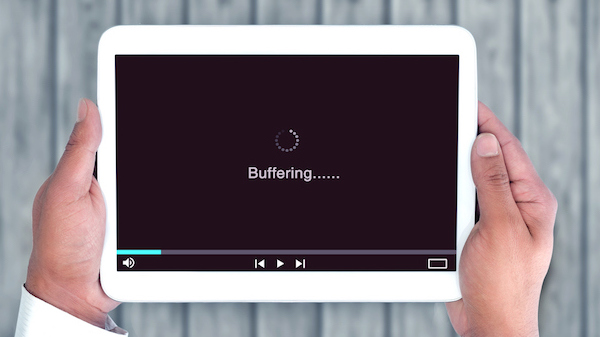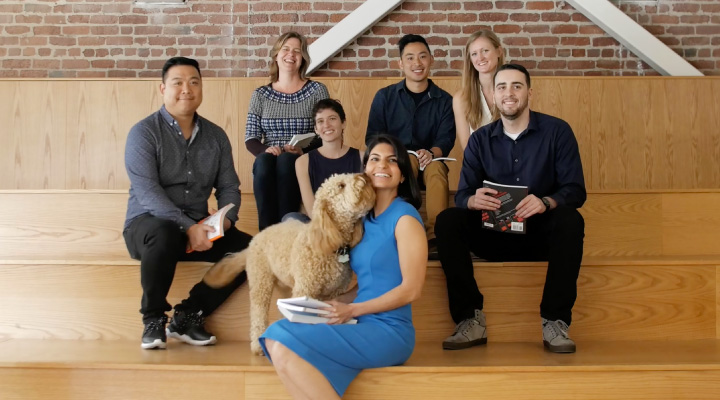BLOG
WFH or RTO? How About Neither
Many companies want workers to return to the office. But not everybody thinks it’s a good idea. Opinions run hot. You’ve got everyone from Elon Musk saying, ”40 in person hours or else look for another job,” to 1,300 New York Times staffers refusing the order to return to office.
To help you make sense of today’s historical tug of war, we’ve compiled both sides of the argument, sprinkled in thoughts from our favorite behavioral scientists, and shared why we’re skipping both and opting for a third option.
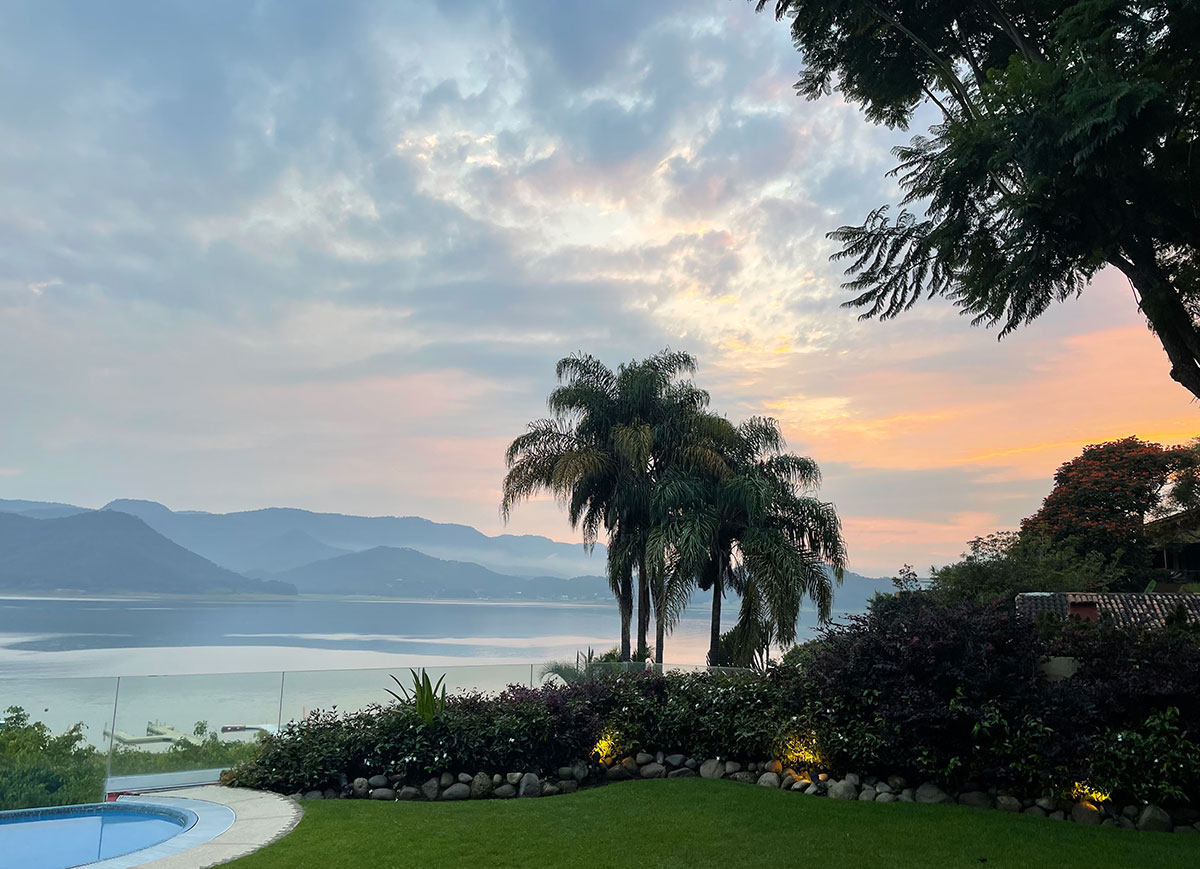
Both sides claim higher productivity and stronger morale.
People have strong opinions about whether WFH or RTO is more productive. We took a look at the arguments from both sides and found people making the following points.
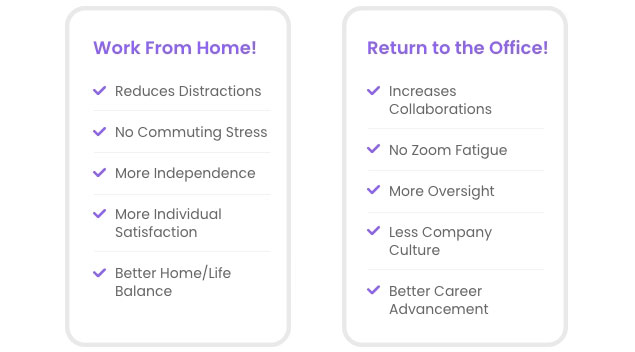
Even Behavioral Scientists can’t agree.
Adam Scott: Work from Home
“Research tends to back up the squishy sense that people get more done outside the office. A study from Stanford of a 16,000-person travel agency found that call center employees working remotely were 13% more productive than their in-person colleagues. Another study of 1,600 professionals found that they wrote 8% more code working a hybrid schedule compared with being fully in the office.
We freed people from group think, we freed them of some exclusion and disrespect, we freed them of micromanaging, deafening and distracting noise,” said Adam Grant, an organizational psychologist at the University of Pennsylvania’s Wharton School.
Dan Ariely: Go Back to the Office
“Require more time in-person. This advice is particularly important for companies that need their employees to be creative. Recent research has demonstrated that teams generate fewer creative ideas when they meet by videoconferencing as opposed to interacting in person.
The pairs that worked together virtually not only generated fewer ideas, but the ideas were also rated as less creative. If your team can’t manage more in-person interactions, you might at least consider arranging in-person days expressly for pursuing collaborative and idea-generating tasks.”
How about a 3rd option: Work from Paradise
As an agency that applies behavioral science to real world challenges, we came up with another option: Work from Paradise. We took the entire team away from their home offices around the world and brought them to Valle de Bravo, a lake town south of Mexico City.
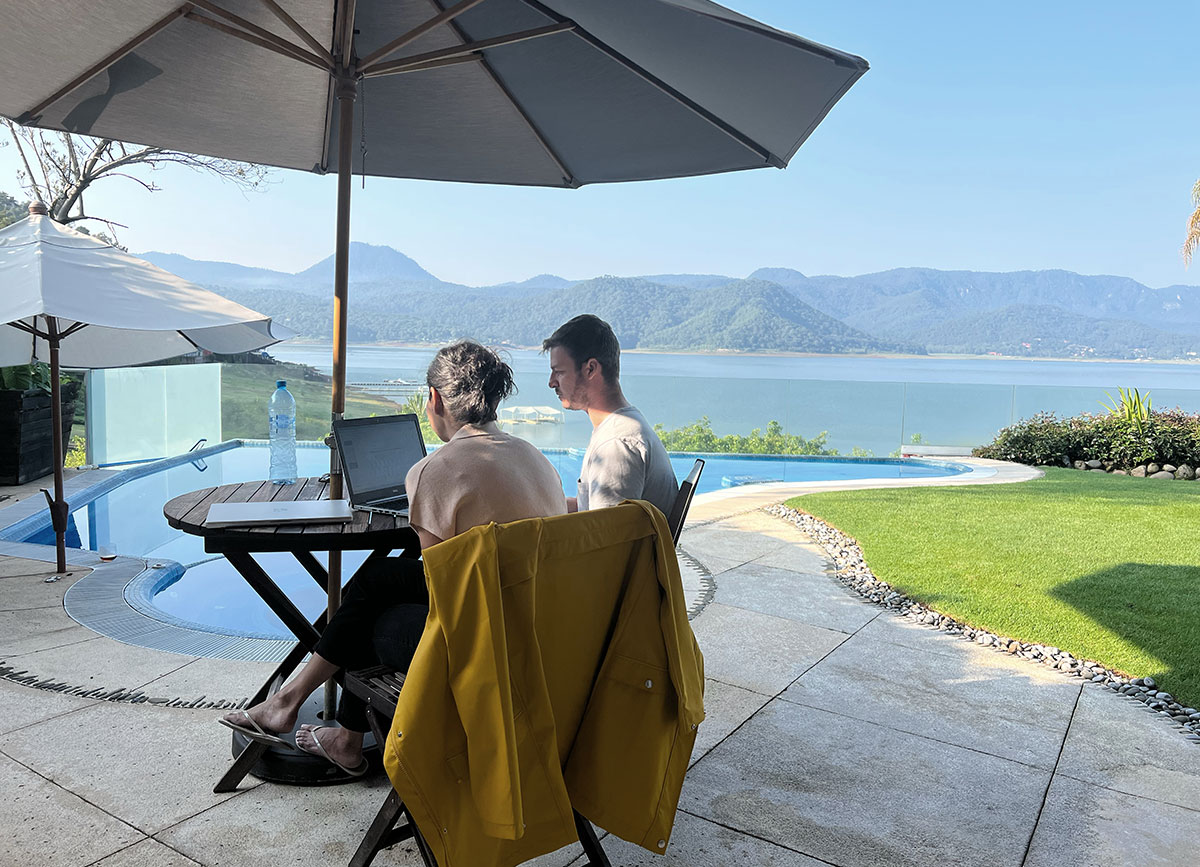
Behavioral Science Principle used:
Peak-End Rule & Positive Psychology
The ‘peak-end rule’ describes a cognitive bias affecting how we remember past events. Specifically, people tend to remember an experience based on how they felt at its peak (intense positive or negative moments) as well as final moments.
By creating profound, vivid, and happy experiences together in Paradise, we will forever remember this week as outstandingly positive.
Now, whenever we see our colleagues, even over Zoom, we will be reminded of the positive memory and feelings towards them.
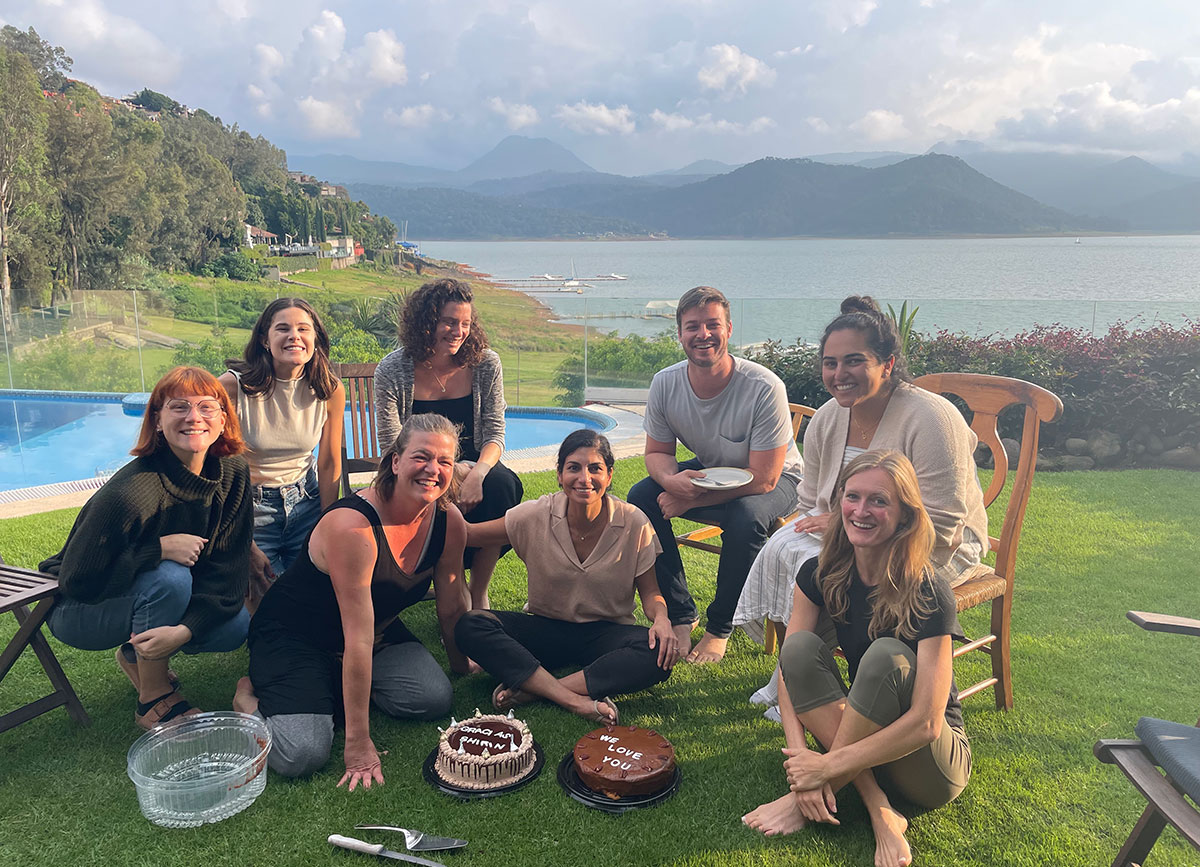
Working from Paradise forged new connections and amplified old ones. We fully integrated the new members flown in from Denver and London, reunited with a beloved colleague in Barcelona, and deepened the connections among the entire group scattered throughout the U.S.
Behavioral Science Principle used:
Creating A Sense of Belonging
Research shows that employees who feel that they belong also feel more connected to and engaged with their work. A stronger feeling of belonging increases problem solving, collaboration, and better decision making.
Our entire team is obsessed with learning. We want to know how we think and what motivates us. WFH or in the office, we’ve taken personality tests. But when you’re Working from Paradise, we could see (and lovingly call out!) these traits in action. We watched each other respond to a rich new shared environment, from lively debates and shockingly hot hot sauces to digging our van out of the mud after taking a wrong turn in the jungle.
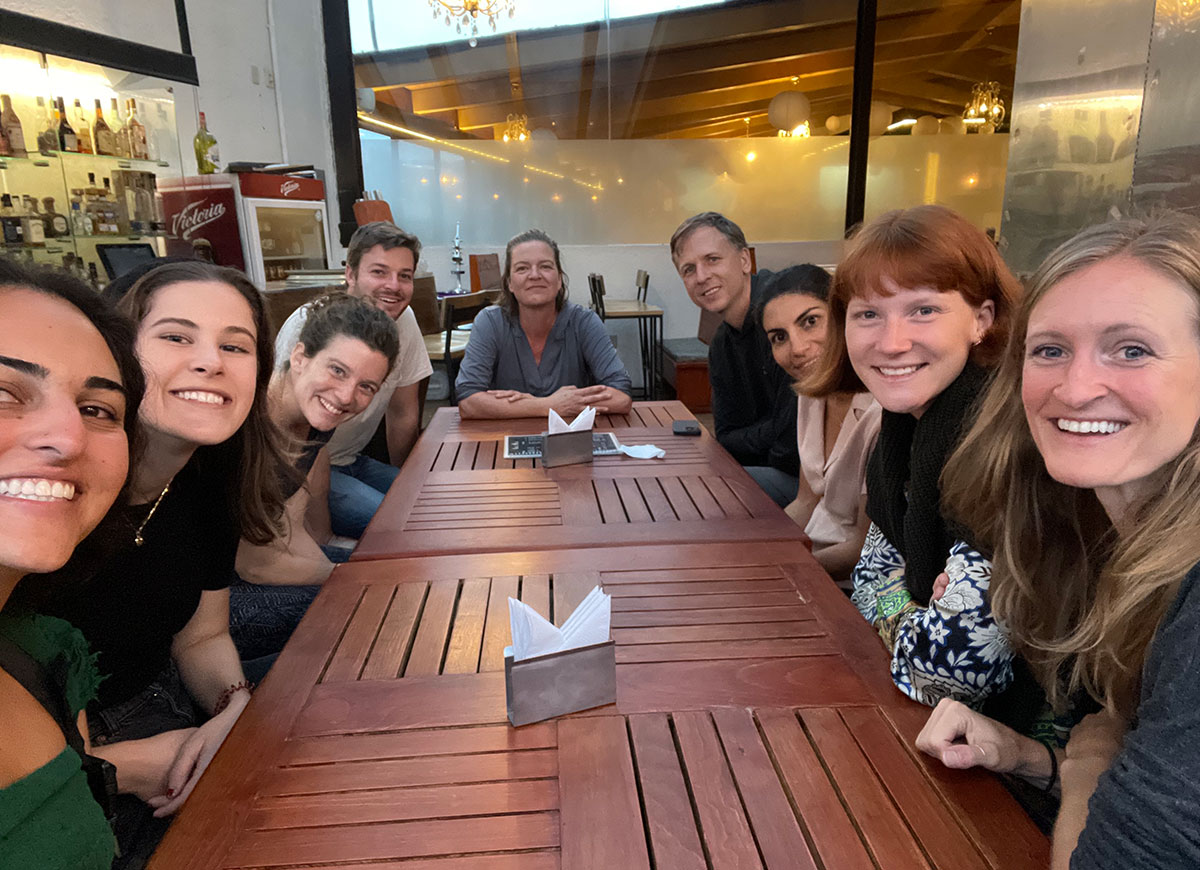
Behavioral Science Principle used:
Openness to Experience
Openness is linked to intellectual curiosity, creativity and imagination. Though some people naturally score higher on this personality trait, we can increase and fuel our openness to experience through seeing the world from someone else’s perspective.
Traveling, exposing oneself to different opinions, and most of all, trying new challenges are all activities that will increase your openness.
Human Connection, amplified. The bonding that happens in an office can be sporadic. Whether you’re on deadline during working hours or distracted to get home during after work events, it’s common to be on emotional autopilot during daily work life. But when you’re operating in a new, unexpected environment, you approach work and each other with heightened awareness and appreciation. We’re social creatures and relished this bonding.
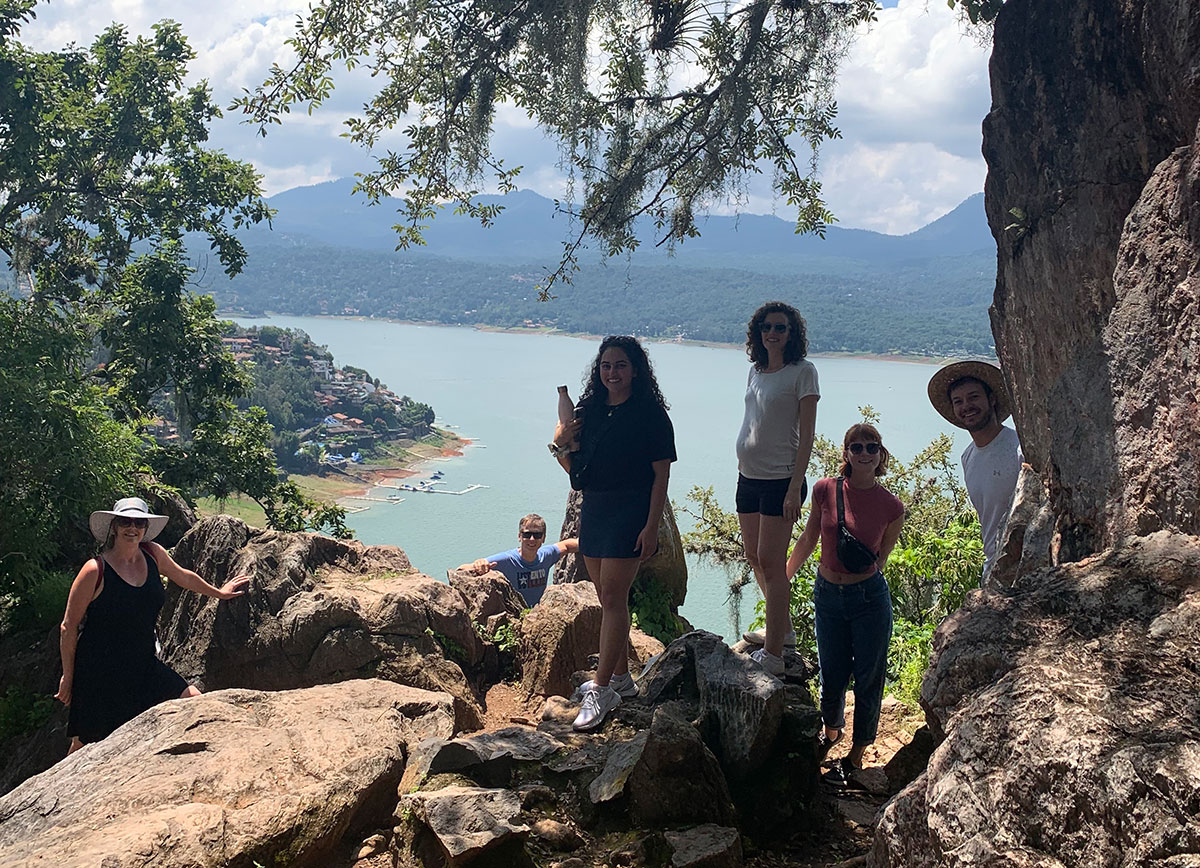
Working from Paradise catapulted us out of our normal context. We shared an experience that was unexpected, staggeringly beautiful, and fleeting by nature. Next time you find yourself in the middle of a WFH vs RTO debate, remember there’s always the option for Paradise.





